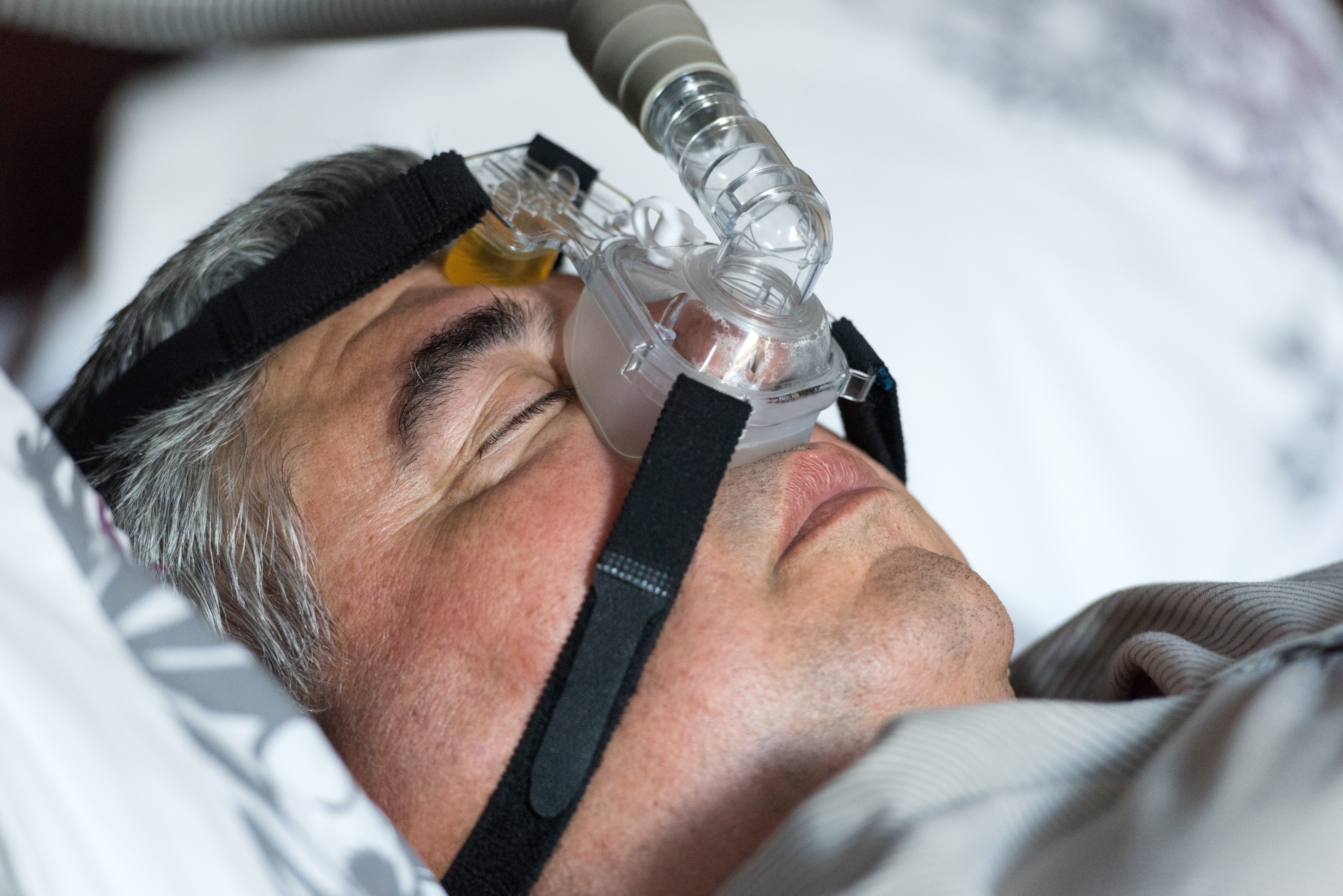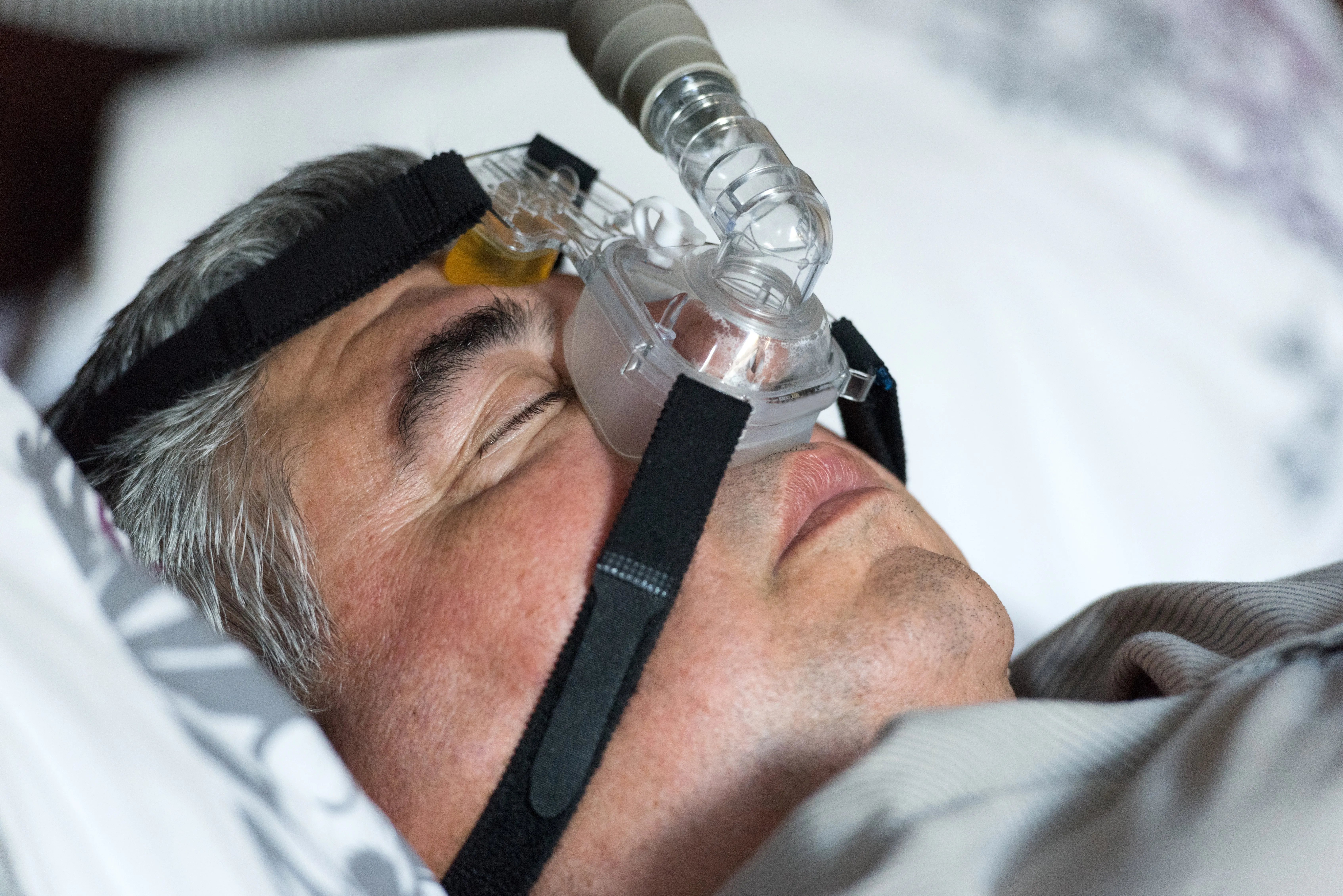What is Stopping Your Sleep?
About one in five children and about 18 million adults suffer from sleep apnea
Sleep apnea is a disorder in which breathing continuously stops and restarts throughout the night. Symptoms can include snoring, episodes of breathing cessation when sleeping, dry mouth, sore throat and excessive daytime sleepiness. If left untreated, sleep apnea can lead to other problems, such as sleep walking, attention problems and behavioral changes. Sleep can also be disturbed by other conditions such as insomnia, sleep walking and restless leg syndrome.

Your lifestyle may very well be impacting your sleep. Check out the main culprits of sleep deprivation and the ways you can help yourself to a better night’s sleep.
A stressful life can lead to fitful sleep
If you are extra tense at work or school, your body is in overdrive, causing the inability to sleep deeply. In addition to setting a pre-sleep routine, overall stress reduction techniques like meditation and exercise are important additions to your life.
Unwholesome choices can lead to unhealthy sleep
Caffeine is an obvious sleep disruptor, but other foods can have an impact on your sleep. Studies have shown that diets rich in fat and calories impact weight, thus impacting sleep. Work to make healthful dietary choices.
If baby doesn’t sleep, nobody sleeps
Being a new parent is often synonymous with lack of sleep. Newborns wake up every few hours and function with short sleep cycles, making it difficult for moms and dads to get the proper amount of sleep at night. It’s important to sleep when you can and take turns caring for the baby, when possible. If you’re able, arrange for someone to watch your little one periodically so that you can rest.
Odd hours can leave you feeling off
If you work night shift or odd hours, sleep can be hard to come by. If you must sleep during the day, use black out curtains to imitate night time conditions. And, most importantly, even though your hours are different, stick to a routine as much as possible.
If simple changes like these don’t create a good night’s sleep for you or your family members, your sleep concerns may warrant a doctor’s appointment. He or she can address more serious sleep concerns.
Are you sleepy?
Do you feel like you're not getting enough sleep? A sleep study by a board-certified sleep physician can be used to assess both children and adults who show signs of sleep deprivation. Sleep isn’t something you should deprive your body of, but it’s never too late to get on track to a good night’s sleep. Take the Epworth Sleepiness Quiz to help determine whether an appointment is right for you.

Albrecht Heyder M.D. is a pulmonologist and sleep medicine physician and serves as the Medical Director at the Sleep Center at Elizabeth City, an affiliate of Chesapeake Regional Healthcare. He received his medical degree from Eastern Virginia Medical School in Norfolk, Va. He also completed a residency and fellowship at the University of Virginia School of Medicine in Charlottesville, Va. and an internship at Carilion Roanoke Memorial Hospital in Roanoke, Va.